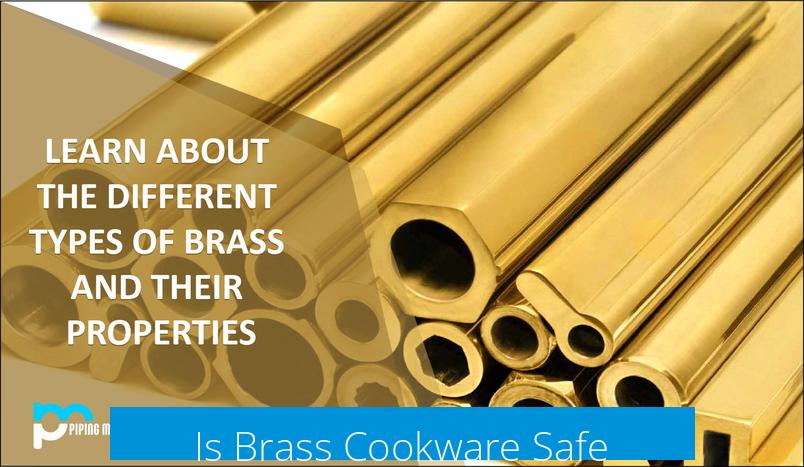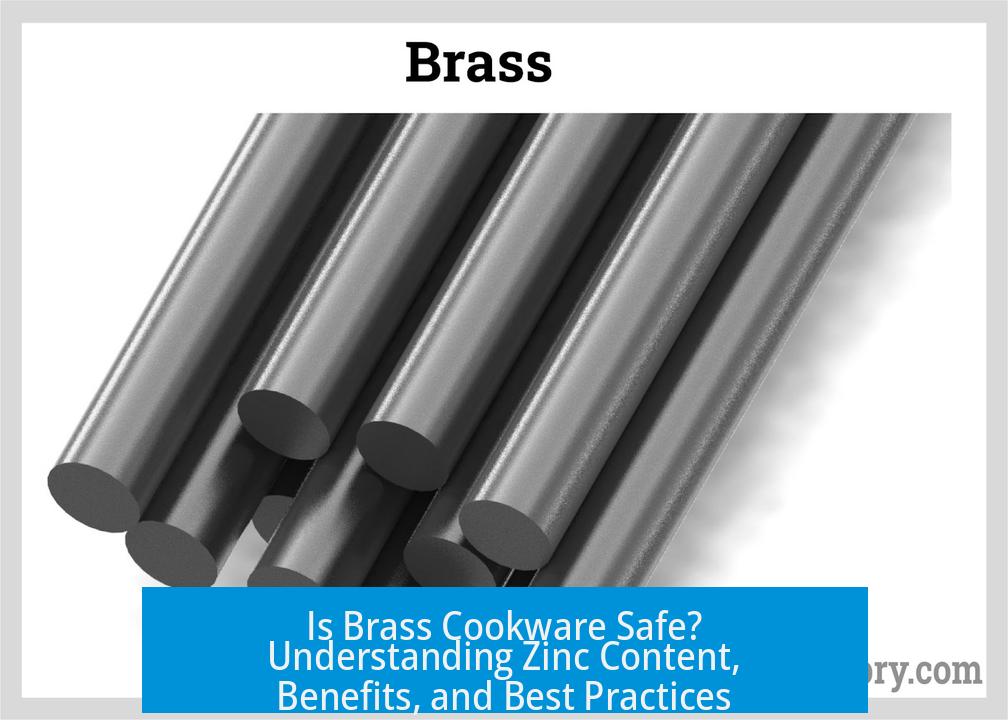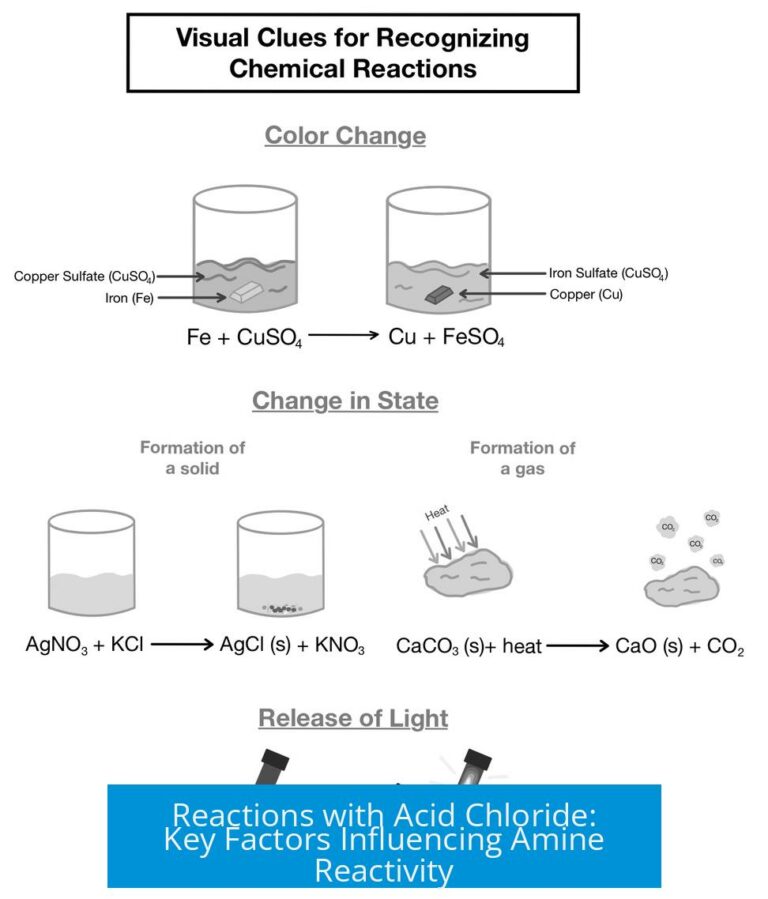Is Brass Cookware Safe?

Brass cookware can be safe when used properly, but it requires careful consideration due to its zinc content and need for maintenance. Brass contains zinc, which may leach into food, especially under acidic conditions. This limits its use with certain foods.
Zinc Content and Reactivity
Brass is an alloy primarily of copper and zinc. Zinc is stable in neutral environments but can react with acidic ingredients such as tomatoes and lemons. This reaction might cause zinc to leach into food, potentially affecting taste and safety.
Therefore, brass cookware is generally unsuitable for cooking acidic foods. It is better suited for boiling water or handling dairy products where pH is more neutral.
The risk depends on the quality of brass and duration of exposure. High-quality brass tends to resist leaching under moderate pH levels, which is why it is commonly used in plumbing.
Traditional Practices and Protective Coatings
In many cultures, brass cookware is coated with a thin layer of tin to prevent direct contact with food. This lining, known as “kalai” in India, requires periodic renewal to maintain its protective effect.
Tin lining works as a barrier between the brass and food, reducing metal leaching. For cookware used regularly, this coating is essential. In some utensils like tadka pans, tin lining might not be strictly necessary.
Benefits of Using Brass Cookware
- Antimicrobial properties may boost health by reducing harmful microbes.
- Durability makes brass utensils long-lasting.
- May enhance flavor due to unique heat conduction.
- Traditional use is associated with improved digestion and metabolism.
Practical Recommendations
Consumers choosing brass cookware should prioritize high-quality products with proper tin lining. Regular maintenance of the lining ensures continuous safety.
For non-acidic cooking tasks—especially boiling or dairy—brass cookware offers a safe and durable option. For acidic foods, other materials are more suitable.
Experienced users report enhanced taste and nutritional benefits when using well-crafted brass utensils from reputable sources.
Key Takeaways
- Brass releases zinc under acidic conditions; avoid cooking acidic foods in brass cookware.
- Tin lining protects against metal leaching; maintenance is necessary.
- Brass is durable and offers antimicrobial benefits.
- High-quality brass cookware is safe when used with appropriate foods.
- Regular inspection and care extend cookware life and safety.
Is brass cookware safe for cooking acidic foods like tomatoes or lemons?
Brass contains zinc, which can leach out when cooking acidic foods such as tomatoes or lemons. It is not recommended to use brass cookware for these ingredients due to potential reactivity.
Can the safety of brass cookware be improved with coatings?
Yes, traditionally brass cookware is lined with tin, especially in India. This tin layer prevents direct contact of food with brass. The coating needs periodic renewal for safety.
Is brass cookware suitable for boiling water or dairy products?
Brass cookware is generally safe for boiling water and cooking dairy products. Zinc leaching is minimal under neutral to mild pH conditions common in these uses.
What are the benefits of using brass cookware?
Brass offers durability, antimicrobial properties, and may enhance digestion. It also imparts a unique flavor. These benefits make brass a useful addition to kitchens when used correctly.
How does the quality of brass affect its safety?
High-quality brass tends not to leach harmful substances under neutral or moderate conditions. Lower-quality brass may pose risks over long-term use.





Leave a Comment